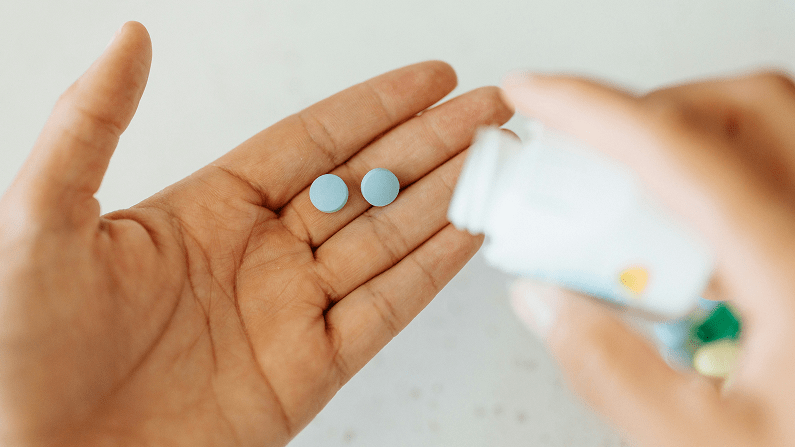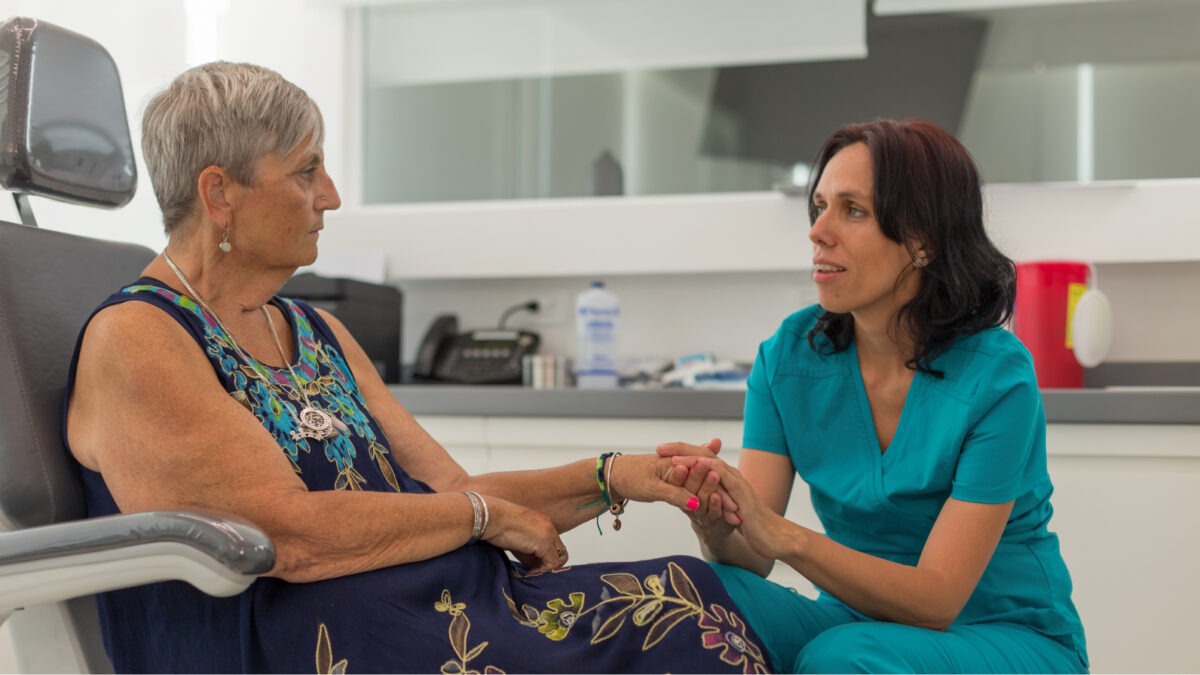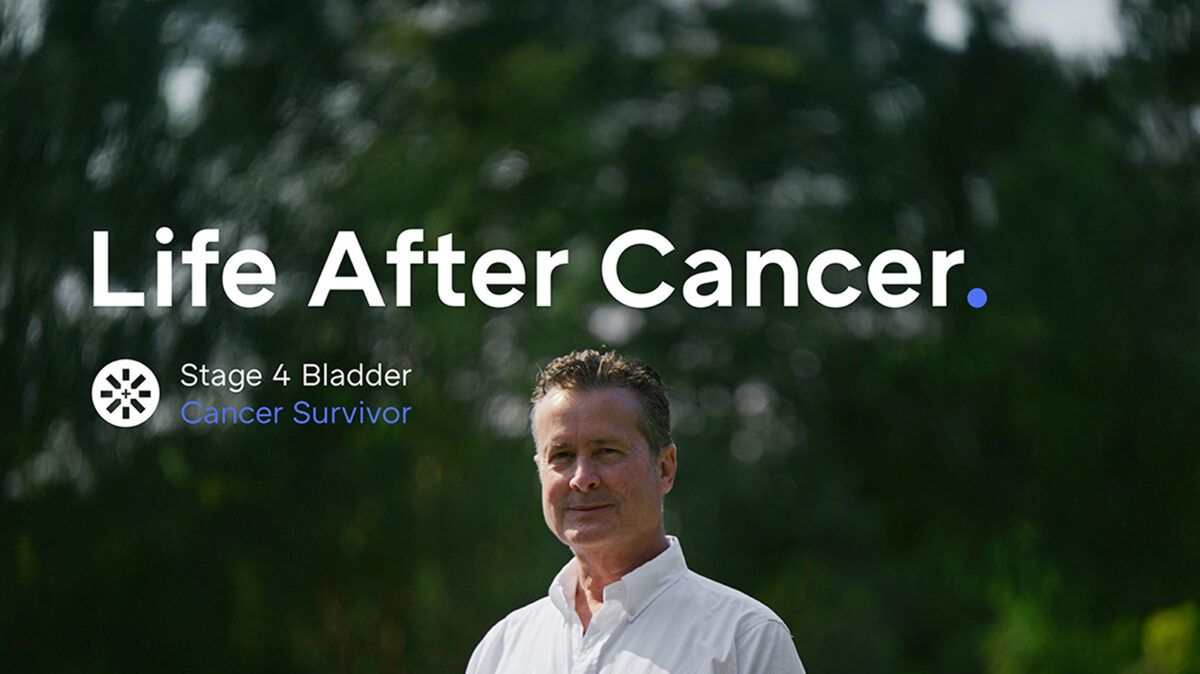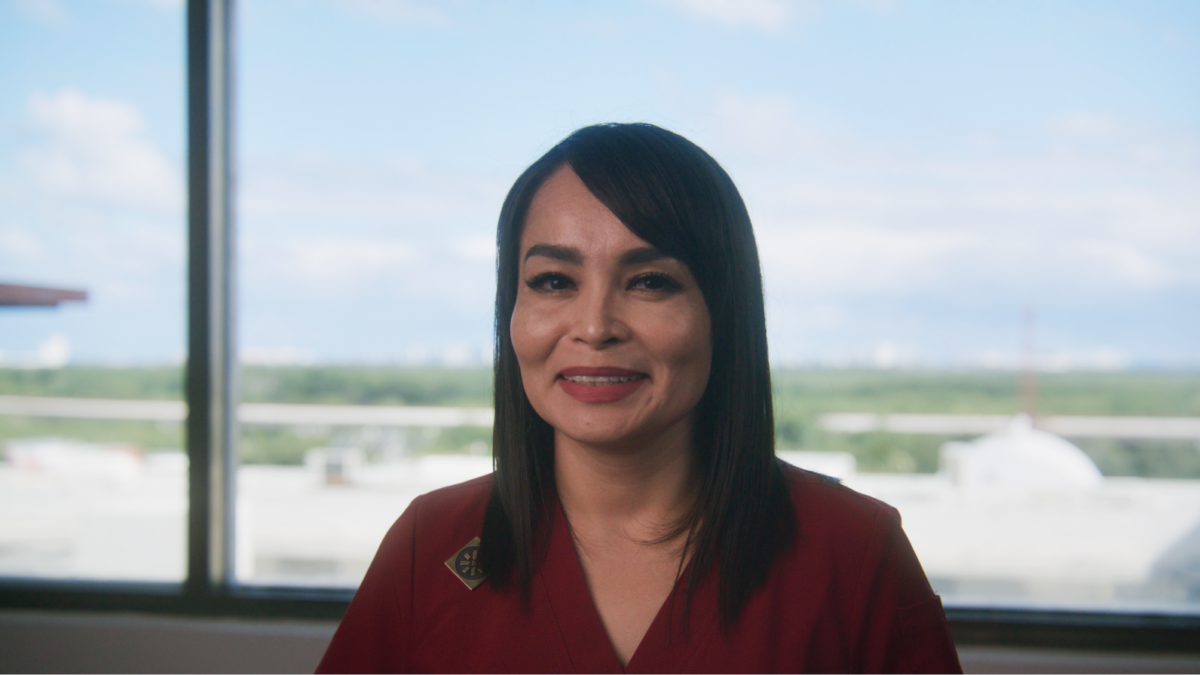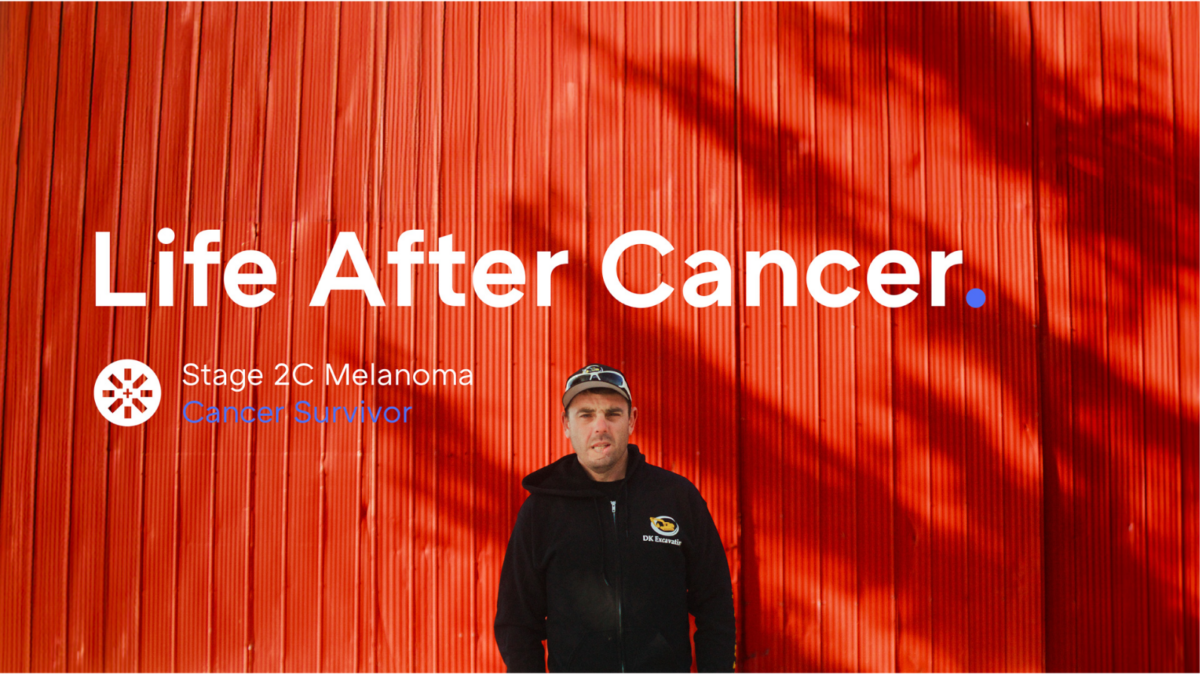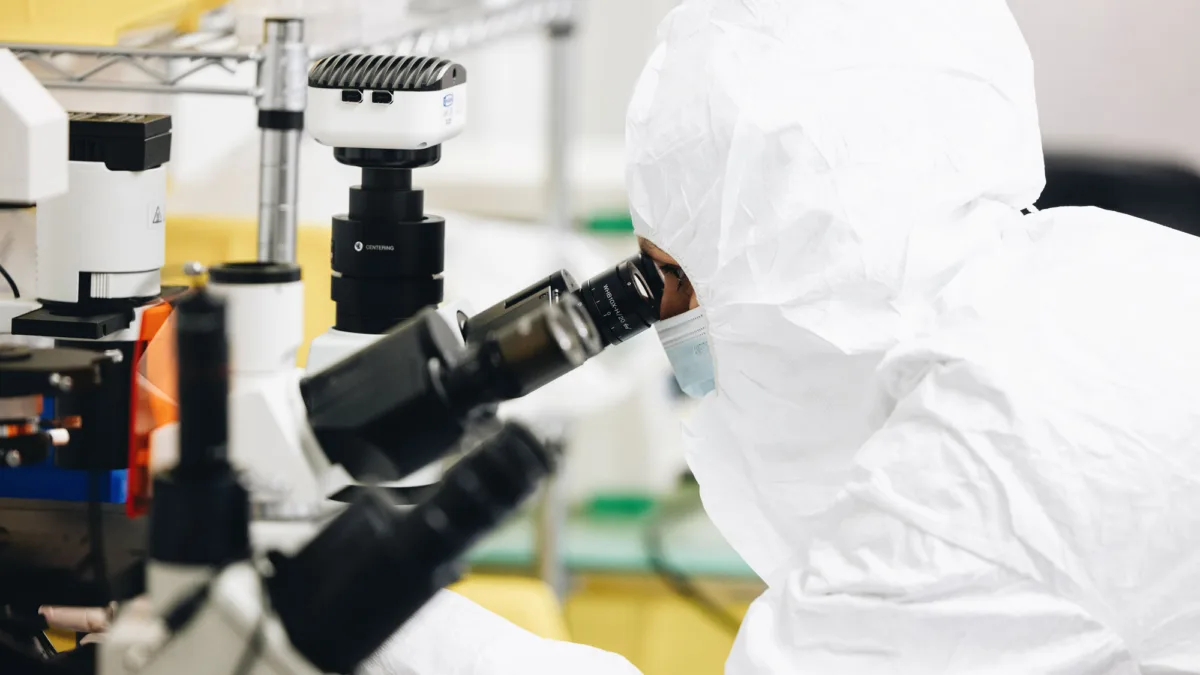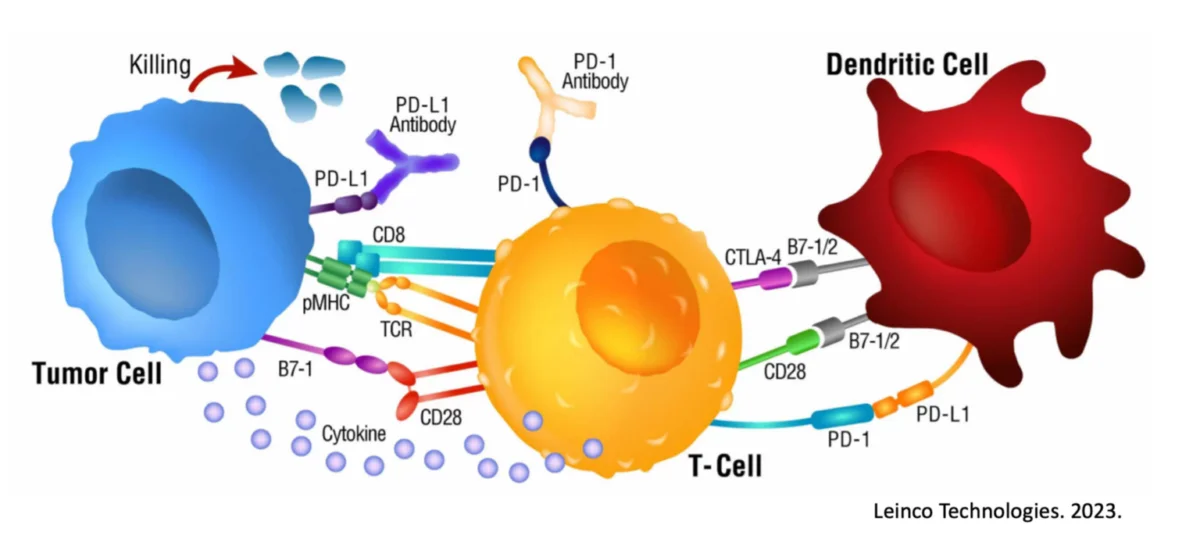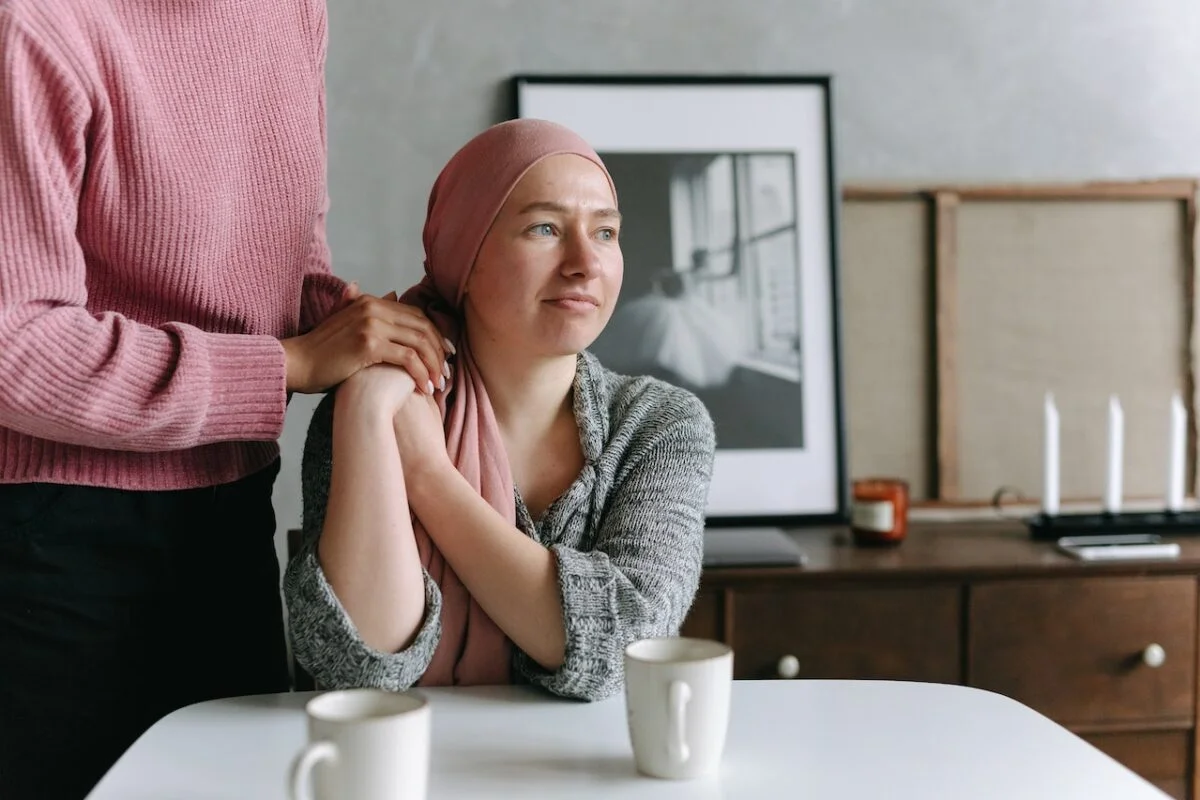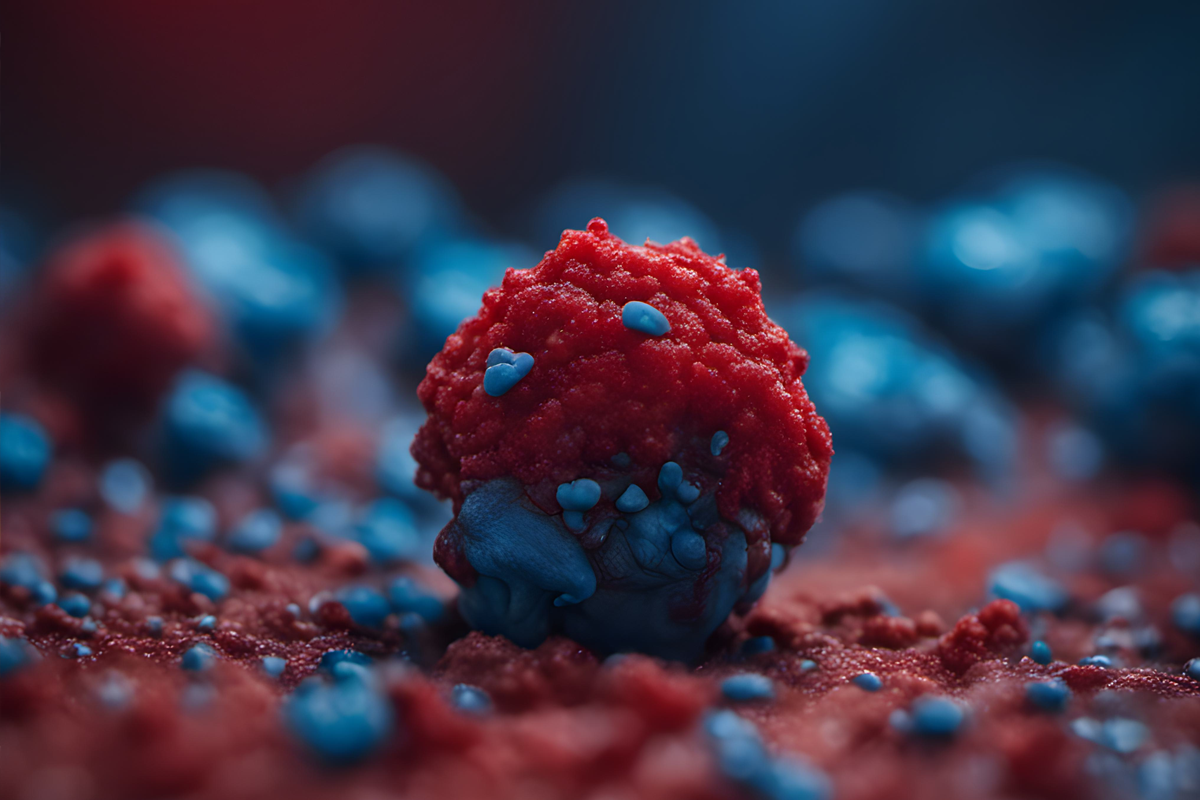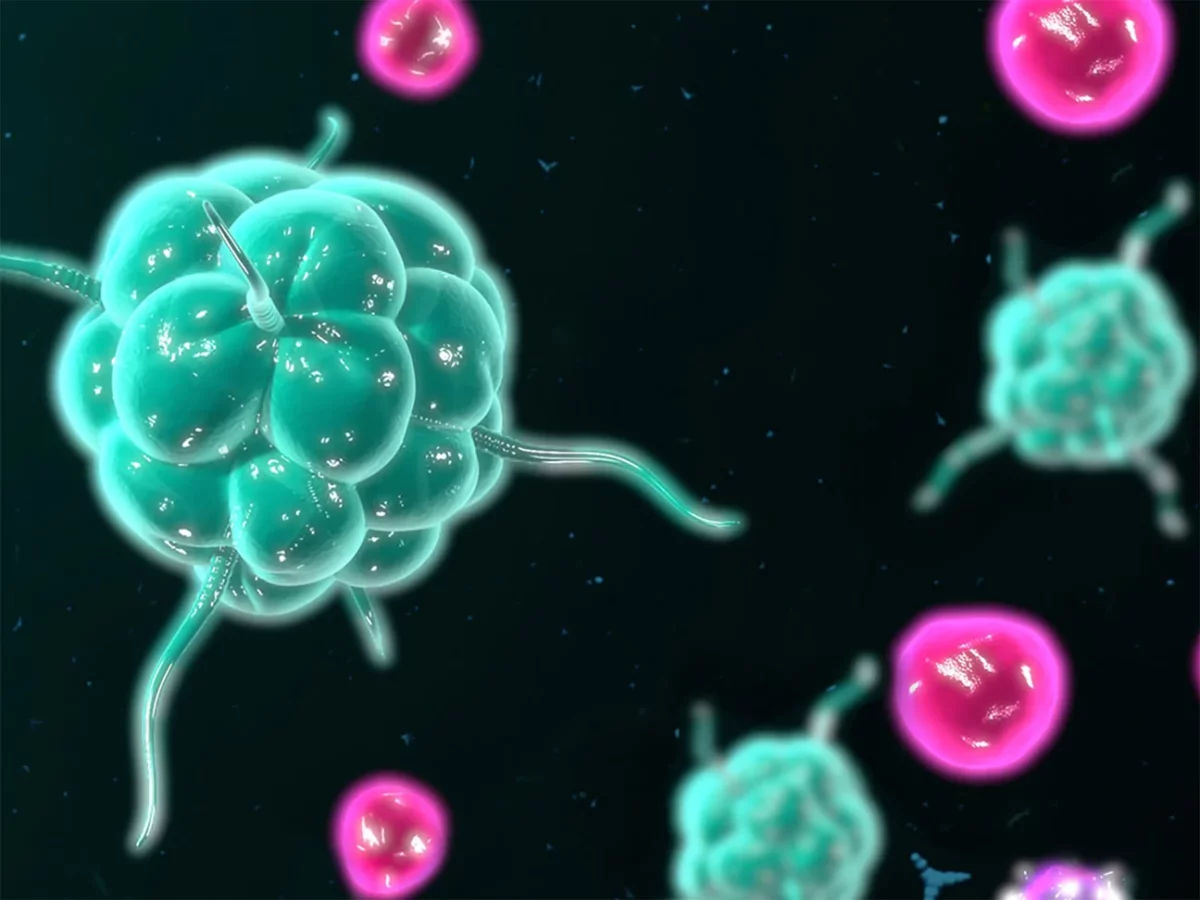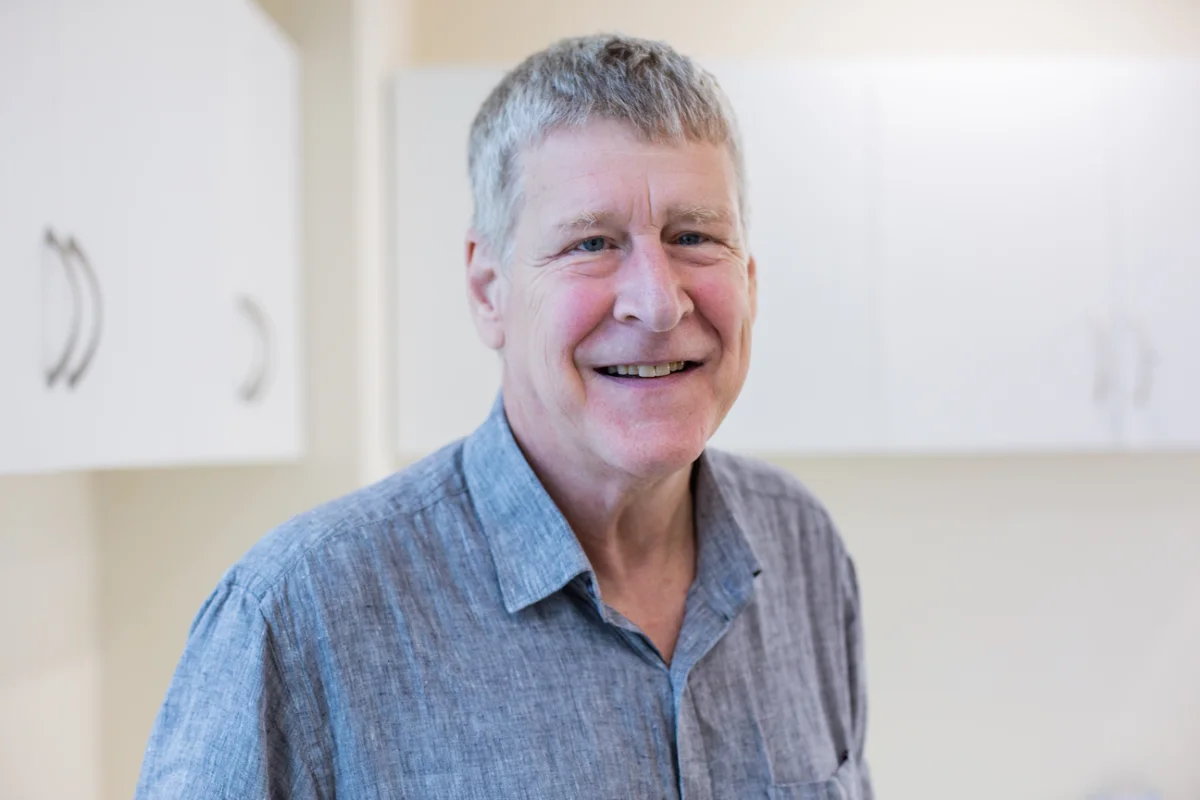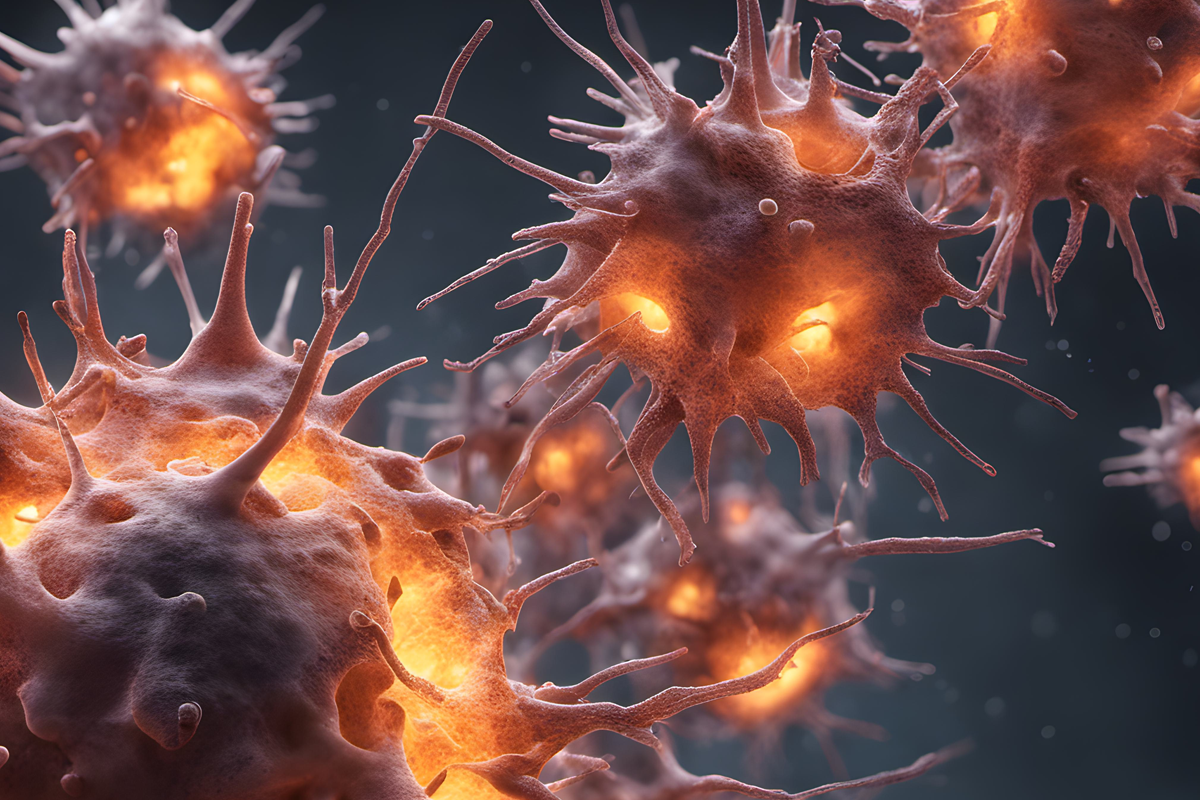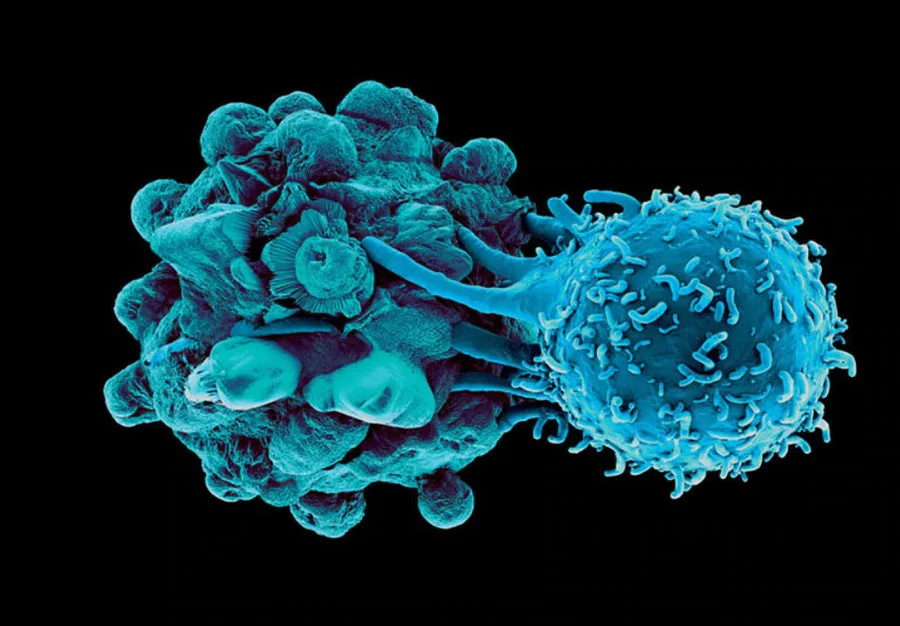Why Cancer May Stop Responding to Treatment — The Importance of Adaptive Cancer Therapies

Cancer is a complex and challenging disease to treat. While many cancers initially respond well to treatment, it’s not uncommon for that response to eventually stop, a phenomenon known as treatment resistance. This can be devastating for patients and their loved ones. In this post, we’ll explore three key reasons why cancers may develop resistance to treatment.
1. Genetic Mutations and Adaptations
One of the hallmarks of cancer is genomic instability – cancers tend to develop many mutations in their DNA over time1. Some of these mutations may happen to confer resistance to the specific treatment being used. Additionally, the evolutionary pressure exerted by treatment can select for resistant cells. The cancer cells that are most resistant to the treatment survive and multiply, while the susceptible cells are killed off, leading to a tumor that is increasingly treatment-resistant over time2, 3.
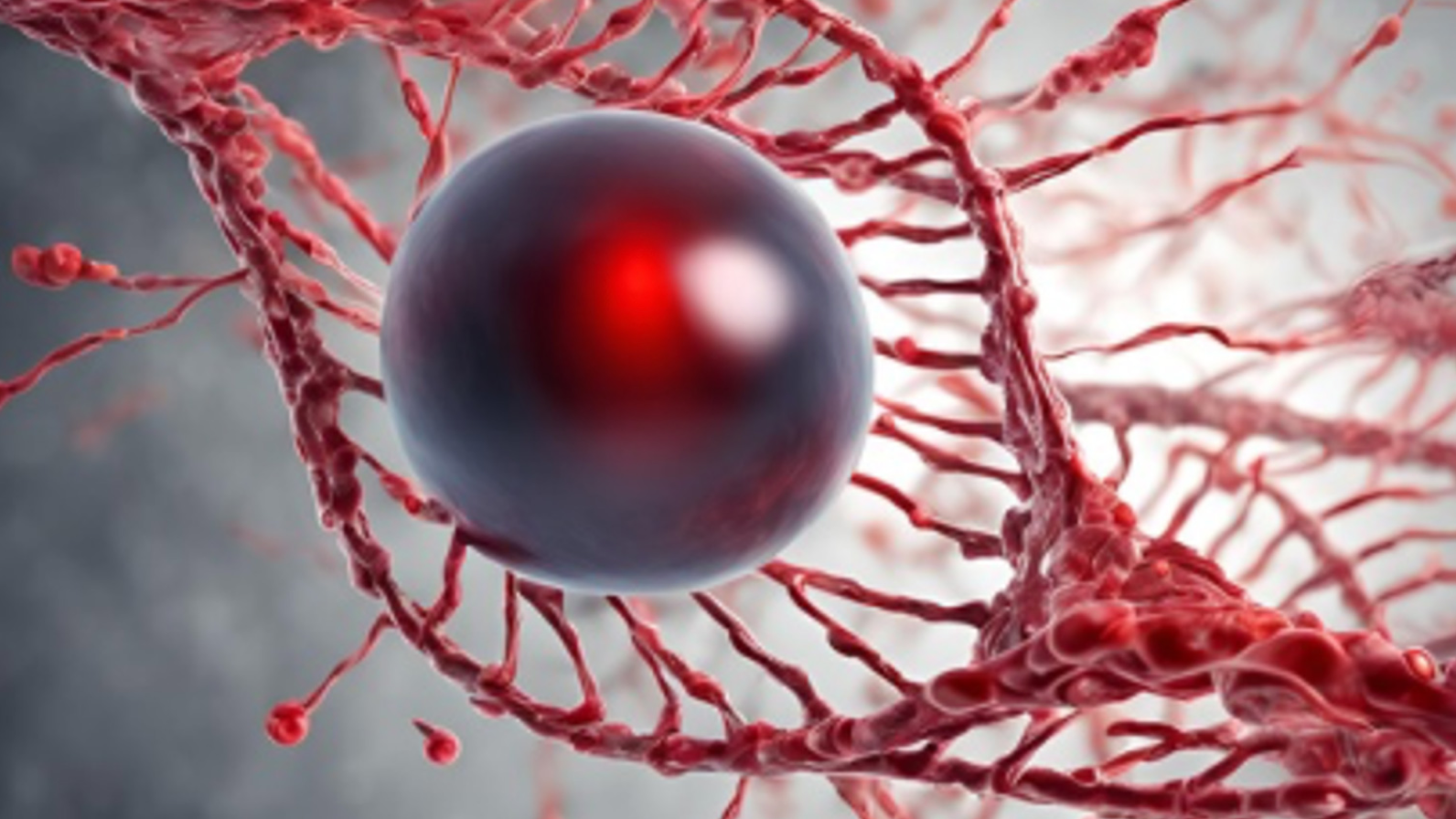
2. Activation of Alternative Molecular Pathways
Targeted therapies work by blocking specific molecular pathways that the cancer depends on. However, cancer cells are often able to circumvent this by activating alternative pathways to achieve the same end goals of survival and proliferation. For example, when one growth signaling pathway is pharmacologically inhibited, the cancer may be able to upregulate a different pathway that has a similar effect, rendering the original treatment ineffective4. Cancer’s ability to exploit alternative pathways makes it highly adaptable.
3. Tumor Heterogeneity and Resistant Subclones
Tumors are not homogeneous – they contain many genetically distinct subpopulations of cancer cells (subclones) with different mutations and characteristics5. Some of these subclones may be resistant to treatment even at the outset6. The treatment then eradicates the susceptible subclones but leaves behind the resistant subclones, which can then repopulate the tumor. Over time, the tumor becomes enriched with these resistant cells.
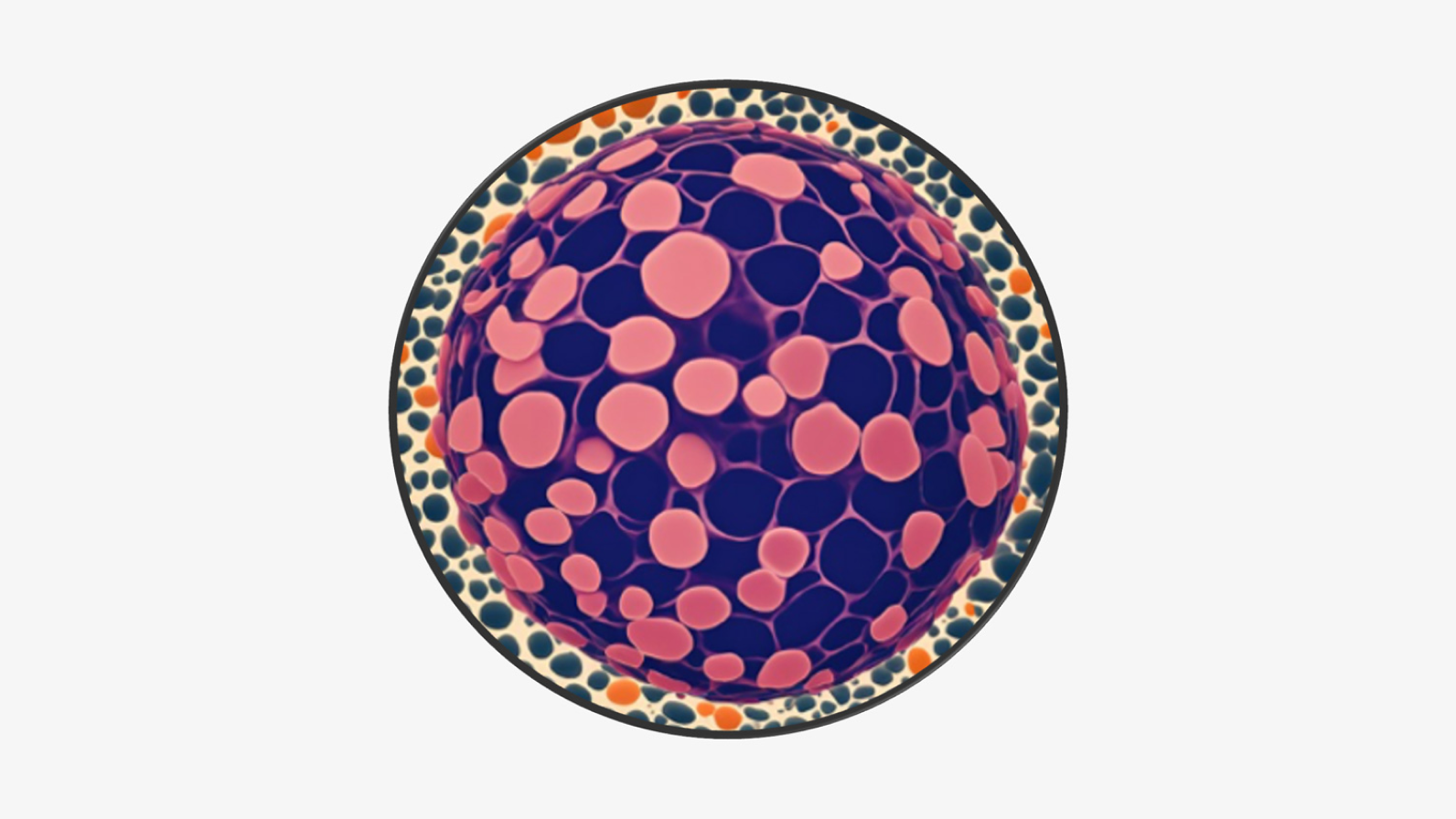
Cancer’s genomic instability, adaptability, and heterogeneity all contribute to its ability to develop resistance to previously effective treatments. Ongoing research is focused on strategies to overcome or prevent treatment resistance, such as using combination therapies to target multiple pathways simultaneously. But ultimately, the smartest approach forward may be to use an adaptive therapeutic that can account for the heterogeneity and continued alterations in a cancer. An example of this would be Double Loaded Dendritic Cells, which make use of the cancer mRNA and protein library to fully understand and combat everything that the cancer is and/or could be7, 8, 9, 10. While this does not guarantee that the cancer cannot still find a way to escape, it becomes much more challenging as the patient’s immune system is now educated, living, and responding in a way that no other therapeutic can manage. Cancer is tough, but the immune system can be tougher.
References
- Hanahan, D. & Weinberg, R.A. Hallmarks of cancer: the next generation. Cell 144, 646-674 (2011).
- Housman, G. et al. Drug resistance in cancer: an overview. Cancers (Basel) 6, 1769-1792 (2014).
- Ouverney, G., Hottz, D. & Robbs, B.K. Drug Resistance and Novel Targets for Cancer Therapy: An Overview of Recent Findings. Biomedicines 12 (2024).
- Bernards, R. A missing link in genotype-directed cancer therapy. Cell 151, 465-468 (2012).
- McGranahan, N. & Swanton, C. Clonal Heterogeneity and Tumor Evolution: Past, Present, and the Future. Cell 168, 613-628 (2017).
- Vidal, S.J., Rodriguez-Bravo, V., Galsky, M., Cordon-Cardo, C. & Domingo-Domenech, J. Targeting cancer stem cells to suppress acquired chemotherapy resistance. Oncogene 33, 4451-4463 (2014).
- Decker, W.K. et al. Th-1 polarization is regulated by dendritic-cell comparison of MHC class I and class II antigens. Blood 113, 4213-4223 (2009).
- Halpert, M.M. et al. MHC class I and II peptide homology regulates the cellular immune response. FASEB J 34, 8082-8101 (2020).
- Konduri, V. et al. Dendritic cell vaccination plus low-dose doxorubicin for the treatment of spontaneous canine hemangiosarcoma. Cancer Gene Ther 26, 282-291 (2019).
- Konduri, V. et al. Chemo-immunotherapy mediates durable cure of orthotopic Kras(G12D)/p53(-/-) pancreatic ductal adenocarcinoma. Oncoimmunology 5, e1213933 (2016).
READ THIS NEXT
Defying a 1% Prognosis: Pete’s Fight Against a Rare Brain Cancer
When Pete was diagnosed with a Grade 4 diffuse astrocytoma, doctors told him he had a 1% chance of being alive in eight months. Th
Read MoreGary’s Incredible Journey from Stage 4 Prostate Cancer to Recovery
With no symptoms, no pain, and no warning signs, Gary never expected anything was wrong. At 60, he was active, healthy, and preparing for a
Read MoreLearning How to Fight Cancer Ep. 5: Dr. Pete Sulack on Going From 1% Survival Odds to Remission
In Episode 5, Matt Halpert speaks with Dr. Pete Sulack, a clinician, author, and cancer patient whose remarkable journey offers both scienti
Read More




